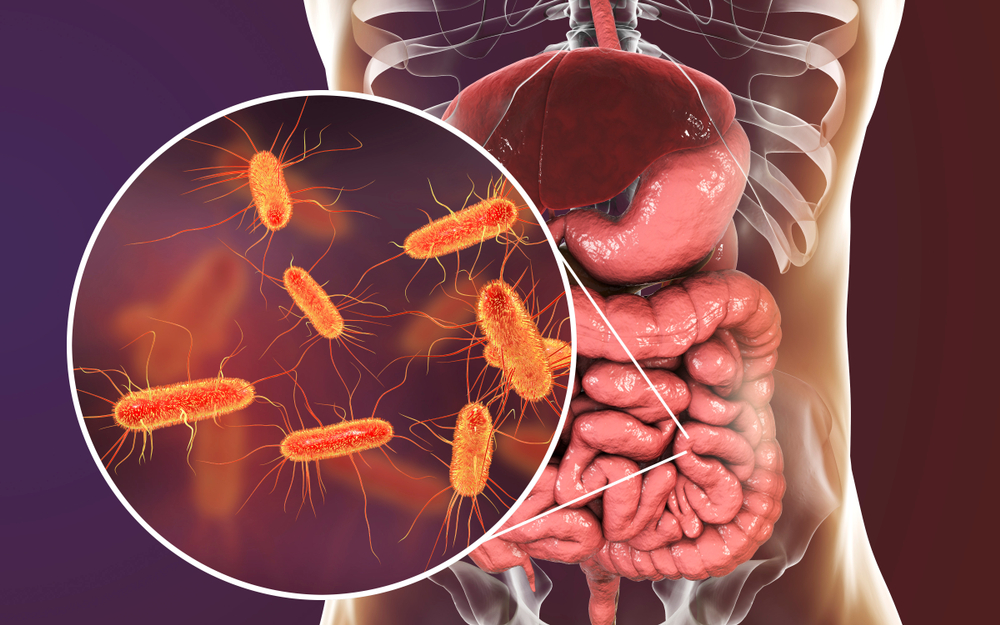Scientists have discovered a surprising alliance in the fight against PFA – specific strains of intestinal bacteria.
Researchers at Cambridge University have identified a family of microorganisms naturally present in the human digestive system that can absorb and trap PFA, a toxic “eternal chemical” associated with a variety of serious health conditions.
These findings offer promising hope for reducing the accumulation of PFA in the human body and may open the door to new probiotic supplements designed to enhance the ability of gut bacteria to neutralize these harmful substances.
Dr. Kiran Patil, MRC Toxicology Unit at Cambridge University and senior author of the report, “We consider that little is being done about removing these from our bodies given the scale of the eternal chemicals of PFA, especially the effects on human health.”
“We found that certain species of human gut bacteria have a very high ability to absorb PFA from the environment at various concentrations and store it in clumps within cells.
“The bacteria themselves seem to be protected from toxic effects because PFA is aggregated in these masses.”
What is PFA and why are they dangerous?
PFAS (Perfluoroalkyl and Polyfluoroalkyl Substances) is a group of over 4,700 artificial chemicals widely used for resistance to water, heat and oil.
From non-stick cooking utensils to waterproof clothing and food packaging, PFA has been in the environment for thousands of years, raising health concerns.
Exposure to PFA is associated with a variety of issues, including lower birth rates, delayed development in children, reduced immune responses, and increased risk of cancer and cardiovascular disease.
Due to the chemical structure, some PFA compounds have remained in the human body for years, making them particularly difficult to eliminate.
Microorganisms in the intestines fighting back
In their experiments, scientists introduced nine specific human gut bacteria strains into mice, effectively introducing gut microbiota that “humanizes” the animals.
When mice consumed PFAS-contaminated foods, these bacteria rapidly absorbed the chemicals and expelled them via feces.
Even with increased PFA levels in mice, the microorganisms continued to operate efficiently and penetrated between 25% and 74% of PFA within minutes of exposure.
Researchers also discovered that bacteria gather chemicals into clusters within cells, appearing to protect themselves from PFAS toxicity in the process.
These results are preliminary and have not yet been directly tested in humans, but mark the first known example of intestinal bacteria that play a meaningful role in detoxification of PFA.
The future of PFAS detox probiotics
Inspired by this discovery, the research team co-founded a startup called Cambiotics to develop targeted probiotic treatments that help the human body eliminate PFA more effectively.
Supported by Cambridge Enterprise, the company is working on ways to enhance the performance of these microorganisms and create powerful dietary supplements.
Until such products become available, scientists will advise practical steps to reduce exposure, such as avoiding PFAS-coated breads and using high-quality water filtration systems.
Rising concerns and calls for action
The UK launched a Parliamentary investigation into PFAS regulations in April 2025, reflecting growing concerns about the long-term health and environmental impact of these chemicals.
Some PFAs are excreted rapidly, but many with longer molecular structures remain in the body for decades, making effective removal strategies increasingly important.
This new study suggests that adding important tools to weapons against PFA and strengthening certain intestinal bacteria could help reduce the long-term risks posed by these persistent toxins.
There’s still much to explore, but scientists are optimistic that the gut microbiota may be the key to washing away eternal chemicals that threaten our health.
Source link

